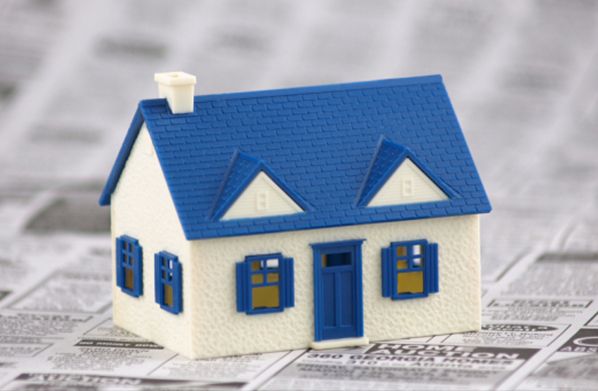The housing market was hot last year! At this time a year ago, sales were stable and improving with purchases of new and previously owned houses recovering from the housing bubble burst.
New research paints a different picture of home buying activity that indicates we have a stalled market on our hands.
Housing sales have stalled since the beginning of 2014. According to one financial services group, total home loan production could be at the lowest level since the 1990s. April offered a glimmer of hope as sales of existing homes rose for the first time in 2014. But that’s nothing compared to where they were a year ago.
Now, Freddie MAC is adding to the pile of bad news finding that many of the nation’s markets are stalling because of the lackluster job market. According to Freddie’s index of home buying activity, only 10 states and Washington, D.C. are stable as well as four of 50 metro areas – San Antonio, New Orleans, Austin, and Houston. While there are various “imbalances” holding Americans back from purchasing housing, the most notable is the job market. Our economy needs sustained levels of job creation to fuel home buying.
The Washington Post reports:
The bad news keeps piling up on the housing front, this time with glum statistics from mortgage giant Freddie Mac, which declared Wednesday that many of the nation’s housing markets are stalling.
…
The outlook for the rest of the housing market looks bleak. “Less than half of the housing markets MiMi covers are showing an improving trend, whereas at this time last year more than 90 percent of these same markets were headed in the right direction,” Frank Nothaft, Freddie’s chief economist, said in a statement.
The index draws from various data sources, including Freddie’s own business with more than 2,000 mortgage lenders across the country, to assess the health of the single-family housing market. The company said it benchmarks a market’s performance against that market’s historical norm, taking into account home purchase applications, employment, mortgage delinquencies and other factors.
…
Other industry gauges show that sales of existing homes were down nearly 7 percent from the same time a year ago, home prices are starting to moderate, and builders still lack confidence in the housing market.
One of the grimmest parts of this report is that a lack of job creation is a notable driver. It’s a reminder that our economic activity and the ability to own a house are inextricably tied.
What have the President and policymakers in Washington been focused on? Unfortunately, not job creation but job cutting measures such as raising the minimum wage and ObamaCare.
Despite numerous predictions from trusted sources such as the Congressional Budget Office that these policies will be bad for job creation, the Administration stubbornly plows ahead. ObamaCare will cause us to lose 2.5 million American workers and we’d lose half a million jobs by raising the federal minimum wage to $10.10 per hour.
When Americans are unemployed –and there are 3.5 million Americans that have been jobless for more than six months- they don’t have money to meet their bills and feed their families. We shouldn’t be too surprised that they don’t have the money to purchase a house. And then there are the nearly 2 million young Americans who have dropped out of the job market because they can’t find a job. These are potential first-time home buyers who are delaying that milestone in their lives until who knows when.
Washington needs to wake up to the realities that Americans face. Perhaps because the D.C.-area has largely been insulated from the full effect of the bursting of the housing bubble and high unemployment, lawmakers have a false sense of what the rest of the country is facing.


